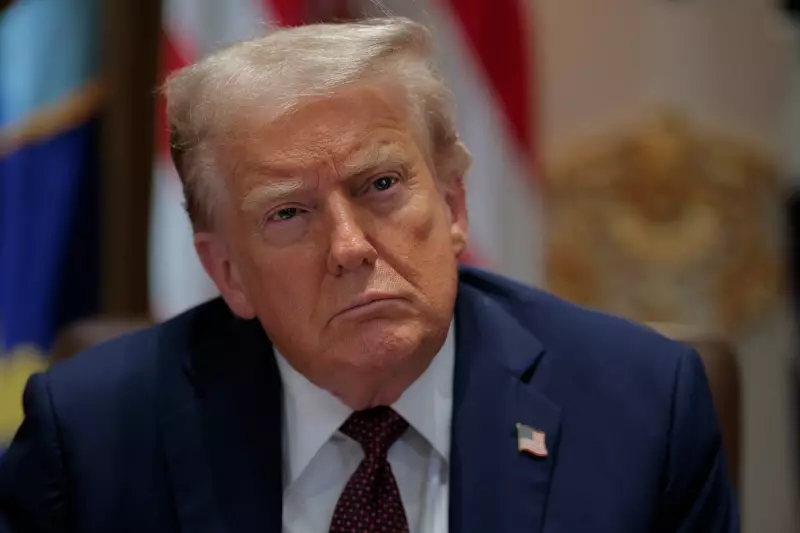
In a controversial speech that has raised eyebrows across political and medical circles, former President Donald Trump has proposed an extraordinary naval operation targeting drug cartels along America's southern coastline.
The Republican frontrunner outlined his vision for combating the nation's devastating opioid crisis, suggesting military vessels could intercept and destroy smuggling operations before they reach US shores.
A Naval War on Drugs
Speaking to supporters, Trump declared his intention to deploy American warships as part of an aggressive strategy against international drug trafficking networks. "We're going to have a fleet out there," he announced, positioning this as a key component of his 2024 campaign platform.
The proposal marks one of the most unconventional approaches to drug policy in recent political history, suggesting a significant escalation in how the United States confronts the flow of illegal substances, particularly fentanyl.
Medical Experts Voice Concerns
Healthcare professionals and addiction specialists have expressed alarm at the former president's suggestions. Many argue that military solutions fail to address the complex public health dimensions of addiction.
"Treating drug addiction as a military problem rather than a healthcare crisis is fundamentally misguided," said Dr. Evelyn Marshall, a leading addiction researcher. "We need treatment facilities, not warships."
The Staggering Human Cost
The urgency of America's drug crisis cannot be overstated. Recent data reveals nearly 110,000 overdose deaths occurred in the past year alone, with synthetic opioids like fentanyl driving the majority of these tragic losses.
Communities across the United States continue to grapple with the devastating impact of substance abuse, from overwhelmed emergency departments to grieving families.
Political Reactions and Legal Questions
The proposal has sparked intense debate about presidential powers and international law. Legal experts question whether such naval operations would violate sovereignty agreements with neighbouring countries.
Meanwhile, political opponents have characterised the plan as another example of Trump's preference for dramatic gestures over practical policy solutions.
As the 2024 election approaches, this bold proposition ensures that drug policy will remain a contentious and emotionally charged issue in American politics.





